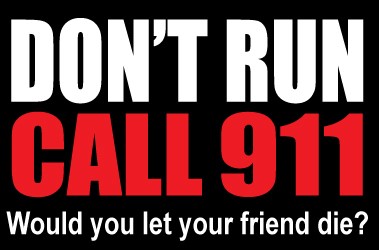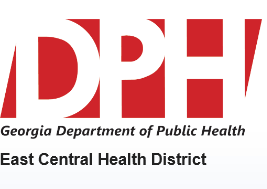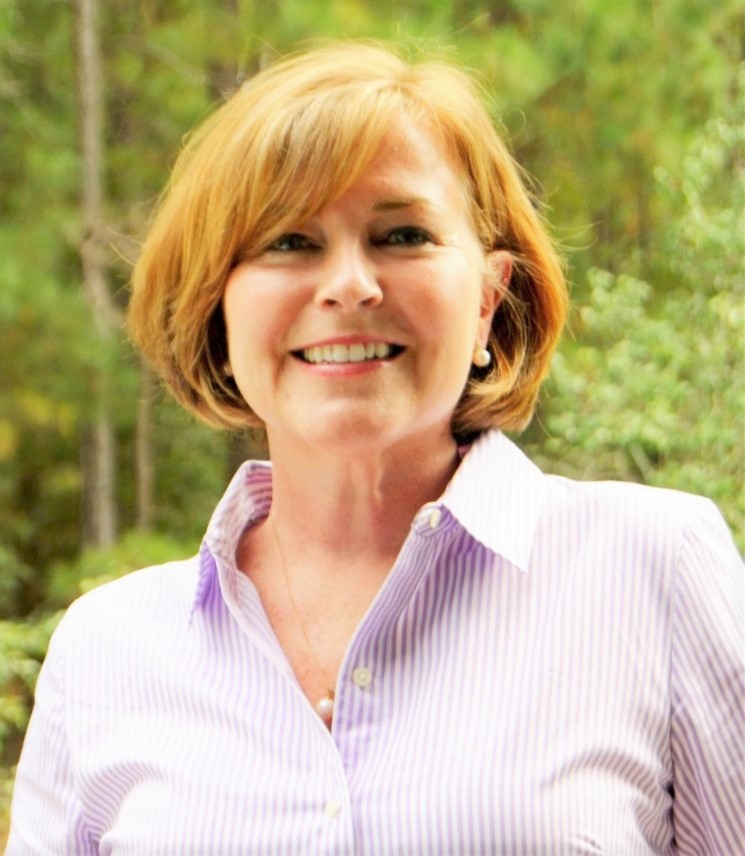Emergency Help for Opioid Overdoses
There is an opioid abuse epidemic in Georgia and throughout the entire country. Opioids are used to dull the sensation of pain. Opioids are a class of drugs that include the illegal drug heroin, synthetic opioids such as fentanyl, and pain relievers available legally by prescription, such as oxycodone (OxyContin®), hydrocodone (Vicodin®), codeine, morphine, and many others. Many produce a sense of euphoria and result in addiction.
Opioid drugs also pose the danger of accidental overdose, which can stop breathing. By definition, overdose is ingesting more than the recommended amount of a substance. Drug overdose often implies the toxic and overwhelming effect of drugs taken in amounts greater than the body has a capacity to handle.
Death and permanent organ damage can occur.
Naloxone blocks or reverses the effects of opioid medication, including extreme drowsiness, slowed breathing or loss of consciousness. Naloxone is used to treat a narcotic overdose in an emergency situation. It should be used until the patient can receive emergency medical care for an overdose.
Signs of Opioid Overdose
#1 sign of opioid overdose is unresponsiveness
Other signs include:
- Awake, but unable to talk
- Limp posture
- Face is pale or clammy
- Blue fingernails and lips
- For lighter skinned people, the skin tone turns bluish purple; for darker skinned people, the skin tone turns grayish or ashen
- Breathing is very slow and shallow, erratic or has stopped
- Pulse is slow, erratic or not there at all
- Choking sounds or a snore-like gurgling noise (sometimes called the “death-rattle”)
How to Administer Naloxone
EMS Training Videos for Administering Naloxone
Naloxone is a short-term measure for an overdose – it is essential to notify medical professionals as quickly as possible.
Georgia’s Amnesty Law
- Although most overdoses occur in the presence of others, fear of arrest and prosecution prevent many people from calling 911
- Georgia’s Medical Amnesty Law protects victims and callers seeking medical assistance at drug or alcohol overdose scenes
- Limited liability for possession of small amounts of drugs and/or alcohol- this applies to the victim as well as the caller
- Limited liability for breaches of parole, restraining order, probation and other violations
- Naloxone immunity for prescribers, pharmacists and first responders

Most Commonly Abused Opioids
Prescription opioids can be prescribed by doctors to treat moderate to severe pain, but can also have serious risks and side effects. Common types are oxycodone (OxyContin), hydrocodone (Vicodin), morphine, and methadone.
Fentanyl is a synthetic opioid pain reliever. It is many times more powerful than other opioids and is approved for treating severe pain, typically advanced cancer pain. llegally made and distributed fentanyl has been on the rise in several states.
Heroin is an illegal opioid. Heroin use has increased across the U.S. among men and women, most age groups, and all income levels.
Pharmacy Access to Naloxone
There are two ways to access a naloxone rescue kit from a pharmacy in Georgia:
- Obtain a prescription from your prescriber and take it to a pharmacy that stocks naloxone
- Go directly to a pharmacy and request a naloxone kit. Commissioner Brenda Fitzgerald issued a standing order for naloxone for all pharmacies in Georgia on Dec. 14, 2016; a prescription is not needed.
Steps to take for opioid overdose victims
- Call 911 immediately, report a drug overdose, and give the street address and location of the victim. If there are other persons available, send someone to wait in the street for the ambulance and guide the emergency medical technicians to the victim.
- Try to rouse the victim by speaking loudly, pinching, or rubbing your knuckles vigorously up and down the sternum (the bony part in the middle of the chest.)
- Make sure the victim is breathing. If not, administer rescue breathing (mouth-to-mouth) by pinching the victim’s nose shut and blowing into the mouth. Lay the victim on their side after they have resumed breathing on their own.
- Administer an opioid antagonist, such as Naloxone, if you have it and know how to use it.
- Stay with the victim until help arrives, and act quickly to administer rescue breathing if they stop breathing. Encourage the victim to cooperate with the ambulance crew.
Using prescription opioids safely
- Never take more than the prescribed dose.
- If you miss a dose, do not take a double dose to catch up.
- Do not combine opioids with alcohol.
- Do not combine opioids with other medications or drugs unless your doctor has said it is OK.
- Stop taking opioid medications as soon as your doctor agrees they are no longer needed.
- Always follow the prescribed directions.
- When taking liquid doses, use an accurate measuring device and measure out only the prescribed amount.
- Use the medication only in the form in which it was prescribed.
- Never use another person’s prescription or share your prescription with others.
- Do not drive a car or operate heavy machinery.
Webinars on Preventing Prescription Drug Abuse
- Prescription Drug Abuse: Preventing Prescription Drug Overdoses
- Prescription Drug Abuse: It’s Not What The Doctor Ordered!
- Prescription Drug Abuse and Your Pregnancy
Opioid addiction and withdrawal
The longer opioid drugs are used, the greater the danger of addiction. Once addicted, withdrawal symptoms occur upon stopping use of the drug. These include pain, nausea, vomiting, muscle cramps, depression and anxiety, and they can last for a week or more. It is dangerous to go through opioid withdrawal without medical assistance. Call Helpline Georgia at 800-338-6745 for help.
How to Get Help
Georgia Overdose Prevention is a grassroots organization comprised of parents, healthcare professionals, harm reduction advocates and friends of those who have lost loved ones to accidental drug overdose. Our group was formed to create and advocate for the passage of the Georgia 911 Medical Amnesty Law. Inspired by the lives that have been saved by the passage of the Medical Amnesty Law, Georgia Overdose Prevention is now focused on education, implementation and development of resources for Georgia’s 911 Medical Amnesty Law.
The Helpline is a confidential first step for families, friends, employers or the addicted individual. Trained, caring telephone information specialists are available 24-hours a day, seven days a week to provide information about addictive disease, alcohol and other drugs; treatment options; locations of treatment facilities and self-help organizations, DUI Risk Reduction programs, drug laws, etc.
Emory Center for Maternal Substance Abuse and Child Development
For pregnant women using opioids.
EMS Training Videos for Naloxone
Additional training videos for administering naloxone.
Documents
Governor Deal’s Letter to Georgia Pharmacy Board
Commissioner Fitzgerald’s Letter to Georgia Pharmacy Board






